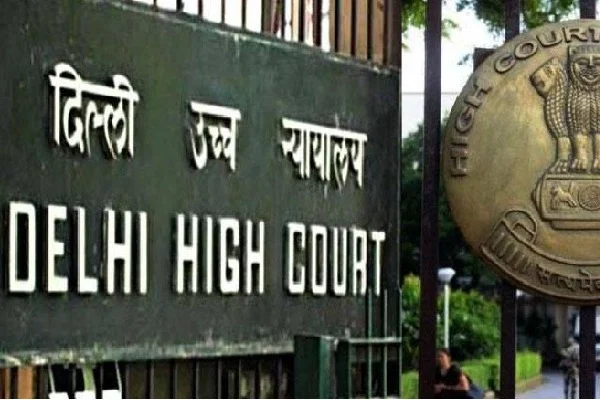In a significant interim relief for Pakistani Hindu refugees, the Delhi High Court has intervened to halt the proposed demolition of their refugee camp at Majnu Ka Tilla in Delhi. This decision comes amidst concerns about the welfare of persecuted minorities and the legal protections available to them under the Citizenship (Amendment) Act, 2019.
The court’s order, issued by Justice Mini Pushkarna on Tuesday, has directed the Delhi Development Authority (DDA) and the central government not to take any coercive action in relation to the demolition of the refugee camp until further notice. This decision follows a petition filed against a public notice dated March 4, 2024, which had warned residents to vacate the camp or face demolition.
The petitioner sought urgent relief, requesting the court to prevent the demolition of the Pakistani Hindu Refugee camp until alternative accommodation is provided to the refugees. The petition highlighted the plight of Pakistani Hindu refugees who have sought refuge in India due to persecution in their homeland. It argued that the demolition of their camp without ensuring alternative housing would render them homeless and vulnerable.
Crucially, the court’s decision takes into account the Citizenship (Amendment) Act, 2019, which provides legal protection to persecuted non-Muslim minorities from Pakistan, Afghanistan, and Bangladesh. Under this act, individuals belonging to these minority communities who have entered India fleeing religious persecution are eligible for citizenship.
The court’s interim order reflects the broader humanitarian concerns surrounding the treatment of refugees and the need to uphold their rights, particularly in light of the legal framework provided by the Citizenship (Amendment) Act.
Furthermore, the court noted the previous statements made by the Centre, indicating its commitment to extending support to Pakistani nationals belonging to minority communities. This underscores the government’s obligation to safeguard the rights of persecuted minorities and provide them with necessary assistance and protection.
The decision to halt the demolition of the refugee camp signifies a temporary reprieve for the affected families, offering them hope and reassurance amid uncertainty about their future. It acknowledges their vulnerability and the need for compassionate and equitable treatment in accordance with international humanitarian principles.
The petition highlights the longstanding presence of Pakistani Hindu refugees at Majnu Ka Tilla, where they have been residing for years. Despite facing numerous challenges, including limited access to basic facilities, these refugees have managed to rebuild their lives in India. Their children attend nearby government schools, and efforts have been made to integrate them into the local community.
However, the situation is complicated by environmental concerns raised by the National Green Tribunal (NGT), which has ordered the removal of encroachments on the Yamuna floodplain adjacent to the Majnu Ka Tilla gurdwara. The DDA has cited this directive as the basis for the proposed demolition of the refugee camp.
In light of these competing interests, the court’s intervention seeks to strike a balance between environmental conservation and humanitarian considerations. It recognizes the importance of protecting vulnerable communities while also addressing legitimate environmental concerns.
Moving forward, the court’s decision underscores the need for a comprehensive and compassionate approach to refugee protection and resettlement. It highlights the importance of upholding the principles of justice, equity, and human dignity in dealing with displaced populations.
As the case continues to unfold, it is essential for all stakeholders, including the government, civil society, and international organizations, to work together to ensure the well-being and rights of Pakistani Hindu refugees are safeguarded. This includes providing them with adequate housing, access to essential services, and opportunities for socio-economic integration.
Ultimately, the Delhi High Court’s decision represents a crucial step towards upholding the rights of persecuted minorities and promoting a more inclusive and compassionate approach to refugee protection in India. It sends a powerful message about the importance of respecting human rights and dignity, regardless of one’s religious or ethnic background.
